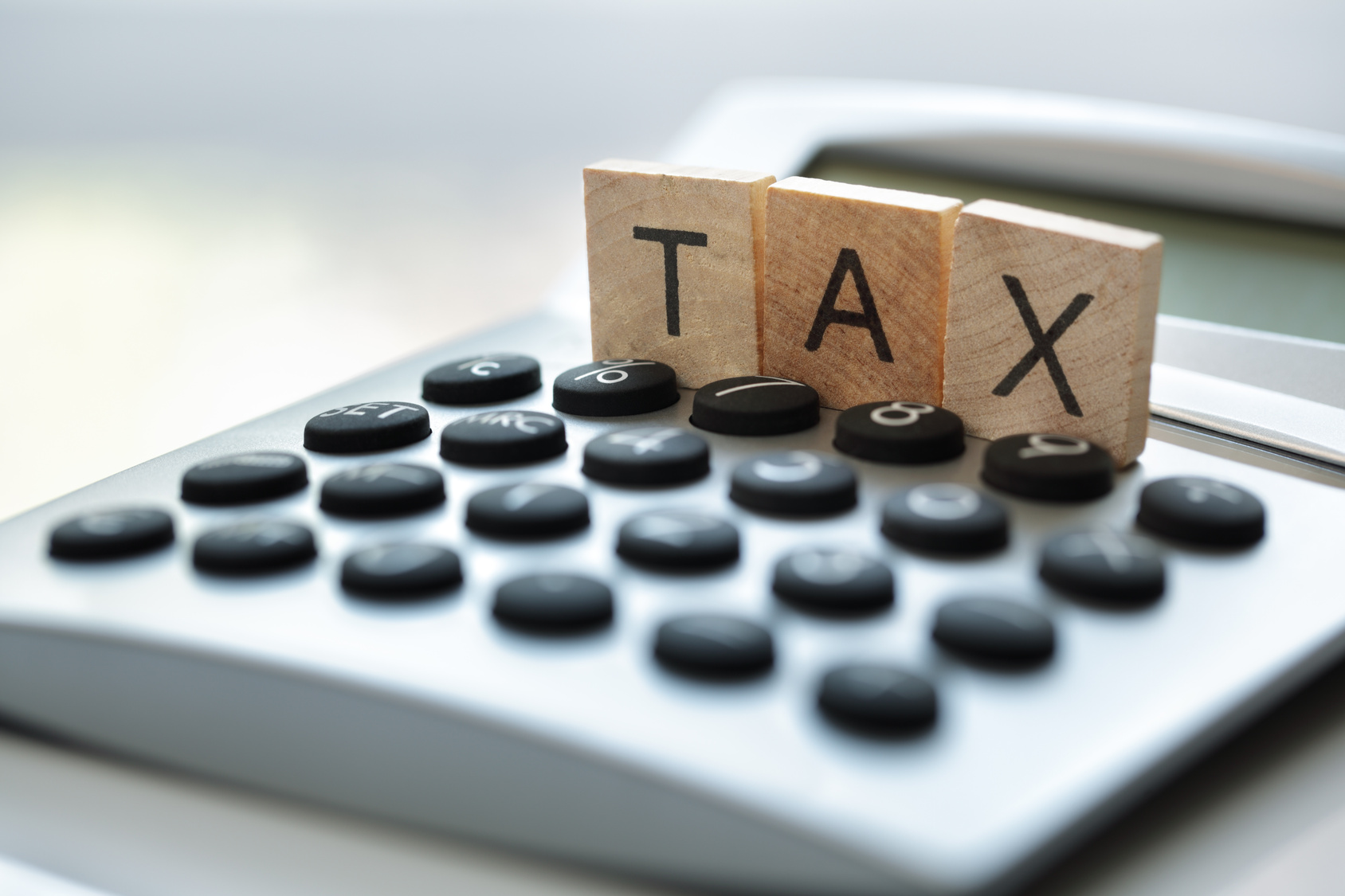Thailand Property Taxes & Fees

What are the Thailand Property & Land Taxes?
Taxes and fees are not the first thing that comes to mind when trying to purchase a property. Without due process and proper consulting, property owners tend to get surprised a couple of months down the line when they begin to see the tax bill accrued to the property. There are usually four potential taxes/fees/levies to be paid when a property is acquired in Thailand.
The category of taxes/fees/levies you would be required to pay usually depends on several factors like; the details of the transaction, the seller of the property and the duration in which the seller maintained ownership of the property. It is also pertinent to point out that the taxes charged by the government are calculated according to the government’s “tax assessment value” of the property which is usually below the market value of the property. The categories and their respective amounts are given in the table below:
| Category | Sale of Freehold Land & Property |
Liability to Tax |
|---|---|---|
| Transfer Fee | 2% | Seller/Buyer |
| Withholding Tax | 1% | Seller |
| Specific Business Tax | 3.3% | Seller |
| Stamp Duty | 0.5% | Seller |
Transfer Fee
The transfer fee is usually based on the value of the property in the government’s appraisal and it usually shared equally between the seller and the buyer of the property. However, this is subject to prior agreement by both parties.
Withholding Tax (WHT)
In situations whereby a company is the seller of the property, the WHT charged on the sale of the property is usually calculated at one percent of the official appraised value or the contracted price, whichever one is higher. In cases where the seller is an individual, the WHT is calculated based on the marginal tax rate of the individual after deducting the standard deduction based on the number of years of ownership from the official appraisal price.
Specific Business Tax
The Specific Business Tax (SBT) is a form of tax that is payable by companies and individuals who have owned a property for a period less than 5 years. The value of SBT is based on the official appraised value of the property or the value stated in the contract, usually whichever one is higher. Individuals are exempted from SBT if the property in question has been used as their principal residence and carry their name in the household registration certificate for a period of at least a year.
Stamp Duty
This is paid in instance whereby SBT is not applicable, and like SBT it is calculated using the official appraised value or the contracted price, usually whichever one is higher.
Lease Registration Fee
The lease registration fee is based on the total rent fee payable over the duration of the lease. Like with the transfer fee, the lease registration fee is usually divided equally between the lessor and lessee. It is also subject to prior agreement by both parties involved.
Property Tax: Land Tax
The land tax is an annual tax that is levied on land owners which is equal to a few Baht per rai. This is for properties being held as private residence. The tax is usually higher for companies that own properties. Currently, every property owner is required to pay his taxes at the local government office or at the local tessaban annually. In most cases, there is no tax bills sent out and this is rarely followed up in practice. This usually becomes a problem when the property is in the process of being transferred. This is because no property can be transferred without complete payment of all unpaid taxes on the property.
Notes
There some important points to note here;
1. A house purchased through a company, considerations need to be made that the corporate tax would be much higher than the personal tax. Also the cost of setting up the company has to be factored in as part of the initial investment.
2. For those intending to acquire a property in Thailand using the local currency (Thai Baht), please do ensure that all funds are transferred into Thailand in foreign currency and the conversion to the local currency is done in Thailand. This is because the receiving bank would issue you a Foreign Exchange Transaction form that confirms the transaction. This is for incoming transfers that exceed $20, 000 USD. This is one of the documents required if you need to repatriate funds in future without incurring tax penalties.
